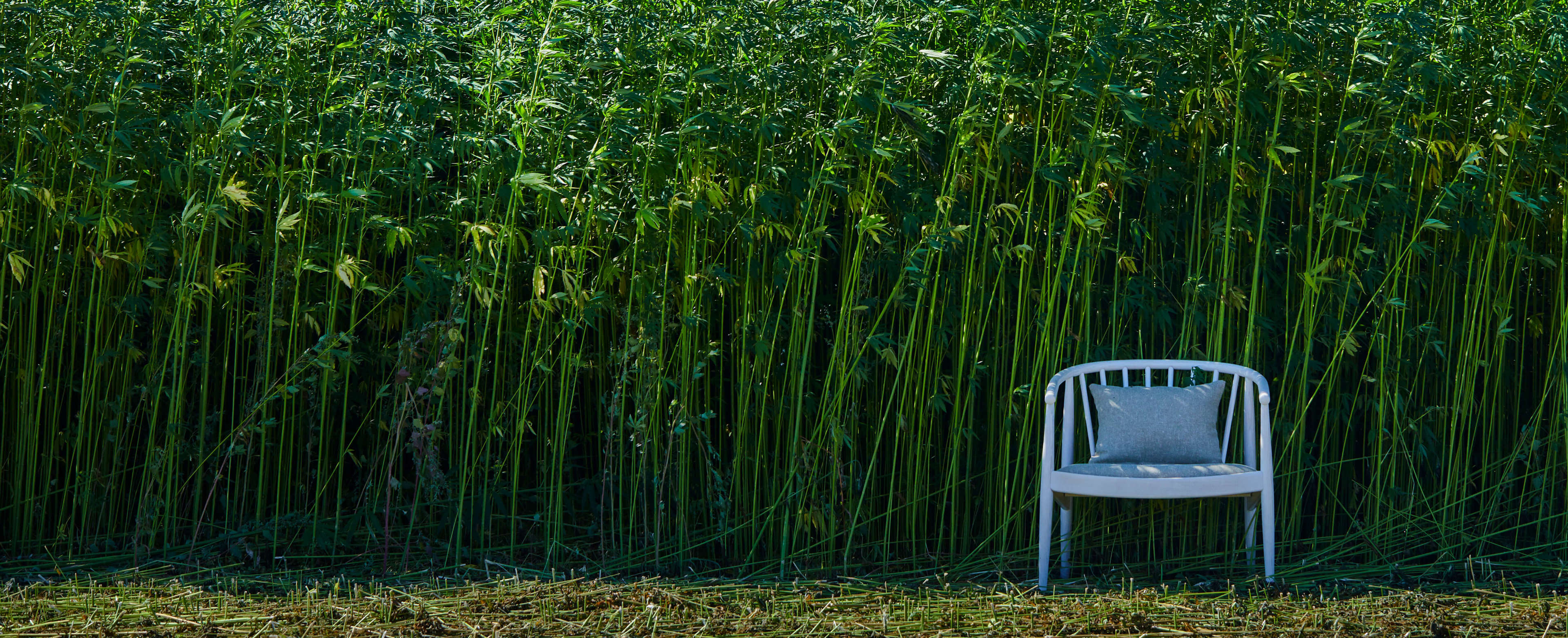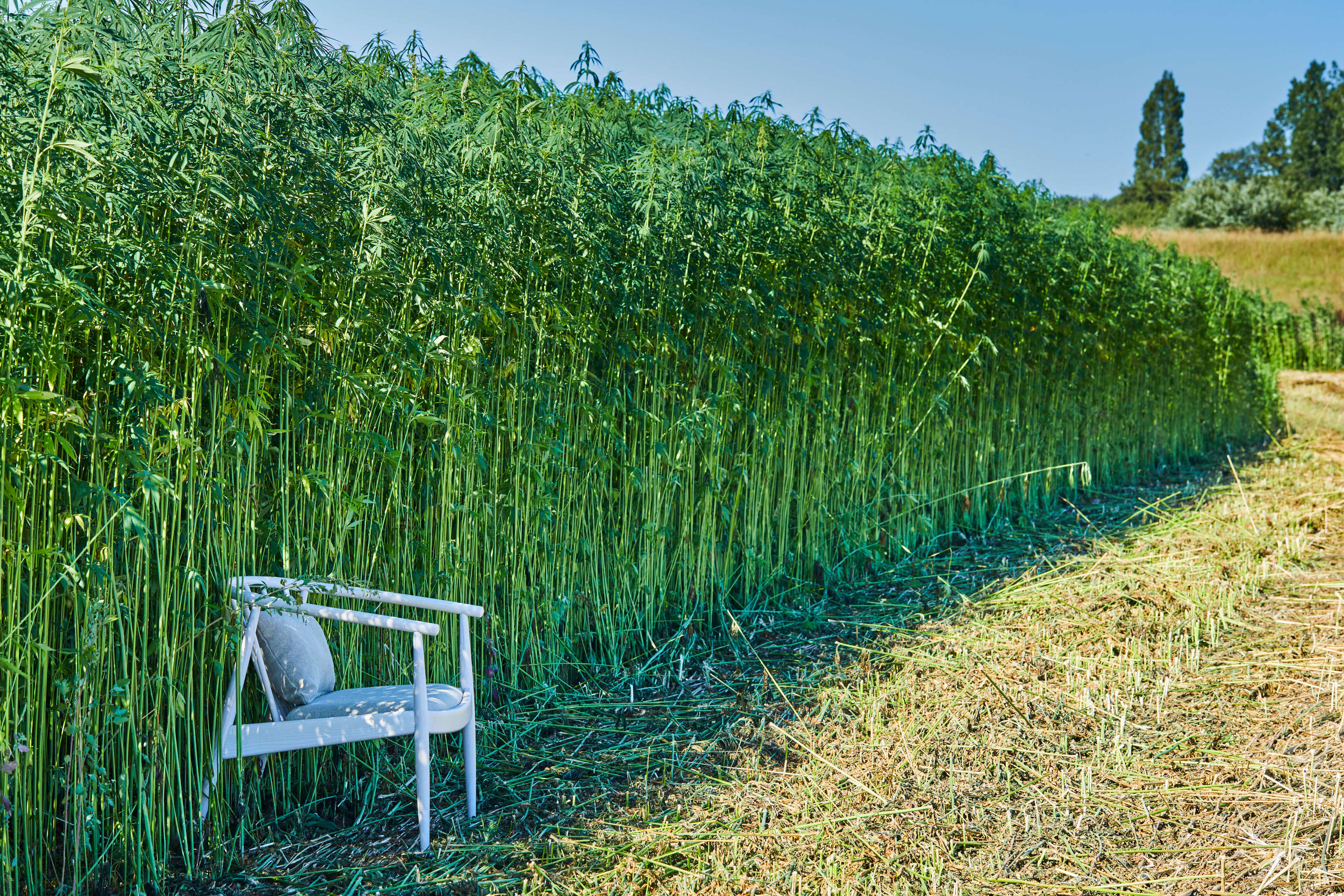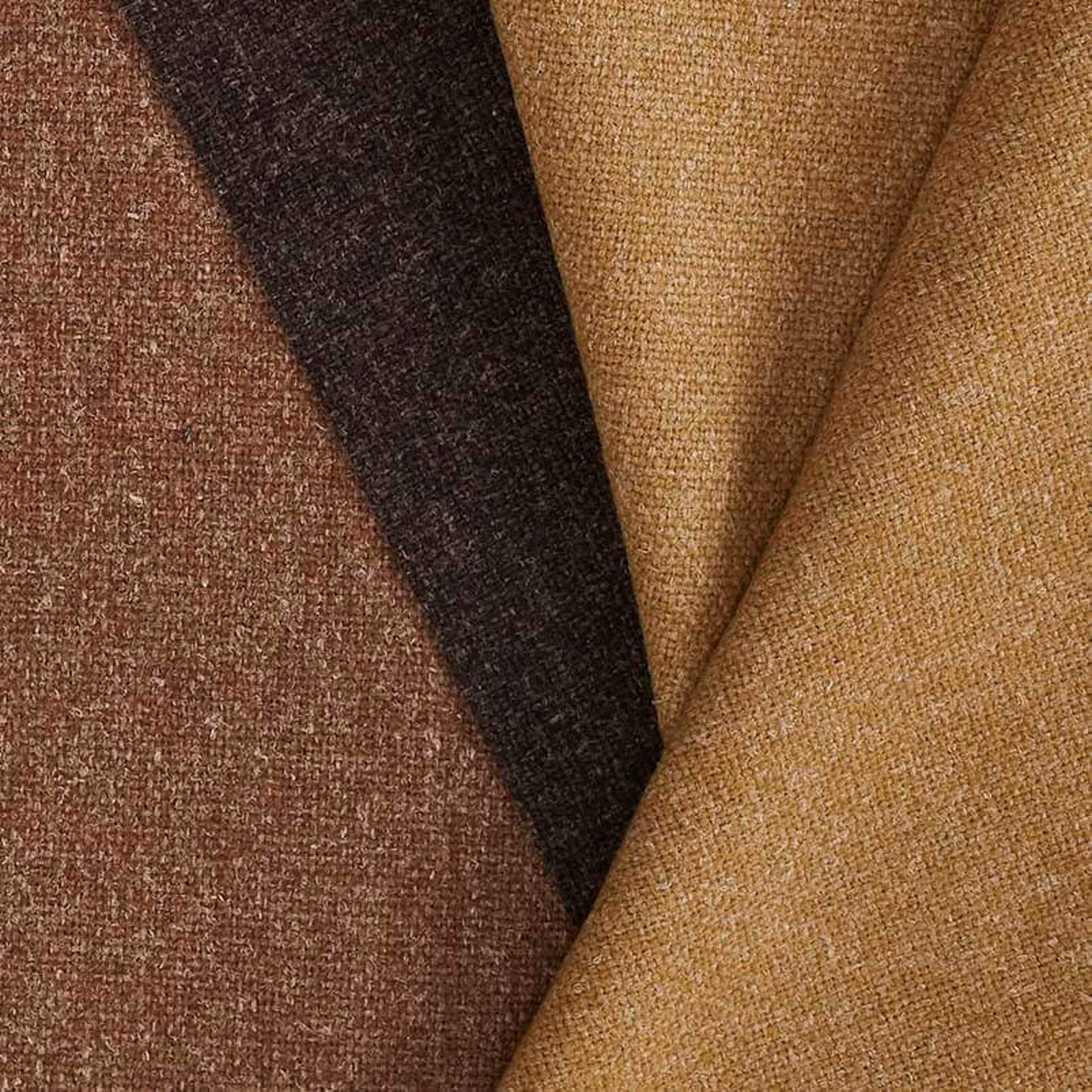
Climate Action
Our climate strategies center on both mitigation and adaptation, recognizing the need to both address global warming and mitigate the effects of climate change.
We want to make beautiful fabrics without impacting the environment and climate change.
We introduced a climate neutral fabric all the way back in 2006, introducing our wool worsted fabric called Oxygen, and calculating its CO2 emissions and then balancing them through purchased offsets. We did the same for employee air travel, investing in offset projects managed by Climate Impact Partners, implementing reforestation and nature based solutions targeted at increased biodiversity.

Quest to Net-Zero
Since 2015 we have been part of the UK Climate Change Agreement and CCAs are in place at three UK manufacturing sites. We also comply with ESOS (Energy Savings Opportunity Scheme) and have focused extensively on energy reduction initiatives, including loom voltage optimization, LED sensor lighting to replace over 1200 fluorescent tubes, and capital investment in more energy-efficient manufacturing machinery.
Our net-zero groundwork began with Streamlined Energy and Carbon Reporting (SECR) in 2020 for Scopes 1 and 2 for three UK sites. For the past two years, 2021 and 2022, we have measured Scopes 1 and 2 for our global group operations, verified by energy consultant Verco. We have also mapped and are beginning to measure the Scope 3 emissions of our wider value chain. This will define a baseline year, which will dictate our net–zero target year alongside energy auditing and establishing reduction pathways.

Reduce, Reuse, Recycle
As well as reduction, were also working on adaptation strategies, especially in relation to water and energy. We have invested in our flood defenses at two sites, we are investigating reduced water consumption in dyeing, re-using the original color from recycled yarn and fabric (thereby eliminating dyeing), and investigating water recycling and renewable energy.
Our product strategies are also contributing to reduced greenhouse gas emissions: the bast fiber crops, such as hemp and flax, grow very quickly from springtime, without the need for pesticides or herbicides, and reach over 3 metres in height, absorbing large amounts of carbon dioxide during their growth cycle. Our recycled fabrics, from pre- or post-consumer raw materials, are shown to have lower global warming potential compared to virgin materials, while our circular recycled wools also remove the need for any additional dyeing.

